What is Steve Ballmer's net worth?
Steve Ballmer was Microsoft’s CEO from 2000 to 2014, and his huge net worth comes from his position at the top of the tech company


Get the latest financial news, insights and expert analysis from our award-winning MoneyWeek team, to help you understand what really matters when it comes to your finances.
You are now subscribed
Your newsletter sign-up was successful
Want to add more newsletters?

Twice daily
MoneyWeek
Get the latest financial news, insights and expert analysis from our award-winning MoneyWeek team, to help you understand what really matters when it comes to your finances.

Four times a week
Look After My Bills
Sign up to our free money-saving newsletter, filled with the latest news and expert advice to help you find the best tips and deals for managing your bills. Start saving today!
Steve Ballmer was Microsoft’s CEO from 2000 to 2014, and today he is one of the richest people in the world, primarily thanks to his stake in Microsoft, along with the company’s founder, Bill Gates.
As well as his investment in Microsoft, Ballmer is the owner of the Los Angeles Clippers an NBA basketball team.
According to Bloomberg, Steve Ballmer has a total net worth of $141 billion, making him the eighth richest person in the world, and one of a group of individuals who’ve built large fortunes from technology.
MoneyWeek
Subscribe to MoneyWeek today and get your first six magazine issues absolutely FREE

Sign up to Money Morning
Don't miss the latest investment and personal finances news, market analysis, plus money-saving tips with our free twice-daily newsletter
Don't miss the latest investment and personal finances news, market analysis, plus money-saving tips with our free twice-daily newsletter
Here we look at how Steve Ballmer built his fortune and the factors contributing to his net wealth today.
Steve Ballmer’s net worth history
Steve Ballmer became CEO of Microsoft in 2000, succeeding Bill Gates who co-founded the business and acted as its CEO until 2000. Ballmer had joined Microsoft back in 1980 as the company's 30th employee. As the business grew, he worked his way up through the ranks. He served in various roles, including senior vice president of sales and support, before being named CEO, having built a vast understanding of the enterprise.
Ballmer's leadership style was known for being energetic and passionate, which was required at the time. During his tenure, Microsoft underwent a period of explosive growth, particularly in enterprise software and cloud computing, and Ballmer's leadership played a key role in the expansion of Microsoft's offering, mainly in the enterprise software (or business software) market.
The Windows operating system has always been Microsoft's flagship product, and it was a world-beating product when Ballmer took over. However, it continued to evolve and improve throughout the 2000s, under the new CEO's leadership. The release of Windows XP in 2001 was a significant milestone, helping the company cement its position in the market at a time when the world was seeing a tech revolution.
But Microsoft never took its position for granted. As the internet became more important in people's lives, and more companies sprang up offering connected services, Microsoft shifted to developing software and services optimised for online use, away from PC-based operating systems. Products like Internet Explorer and MSN Messenger made sure the business was at the forefront of the internet revolution, and Ballmer was a key player in pushing the business towards these markets.
The development of products such as Azure and Office 365, also developed under Ballmer’s leadership, helped Microsoft become the go-to cloud computing and internet enable tech group in the world. As it rode the growth of technology, revenues grew from $25 billion in 2000 to over $70 billion in 2013.
Microsoft’s failures
Despite the company’s success during the 2000s, Ballmer missed some key opportunities, such as mobile devices and search. Ballmer famously dismissed the potential of the iPhone upon its release, and Microsoft's own attempts at creating a mobile operating system were met with little success – something the business is still paying for to this day, although its position in the cloud market has helped it offset most of the lost profits.
Additionally, the company struggled to compete with Google in the search market, with its Bing search engine failing to gain significant market share. This is also something the business is struggling with even to this day, although Microsoft is a key shareholder in ChatGPT’s parent company OpenAI, and this might help the enterprise gain an edge over its long-time rival.
What Ballmer did pick up on was the growth of the global gaming market. The establishment of the company's Xbox gaming division took Microsoft out of its core market and opened up a huge new one, even though it was a risk to begin with. Today, Xbox is one of the main console providers in the world.
In 2014, Ballmer stepped down as CEO of Microsoft, marking the the beginning of a new era as it started to build on the success of the Ballmer leadership.
How Steve Ballmer spends his money
Even though Ballmer retired as CEO of Microsoft in 2014, he has continued to stay active in the tech industry, investing in several other tech startups, including Twitter (now X) and Airbnb.
One of Ballmer's main focuses today is his role as the owner of the Los Angeles Clippers basketball team, which he acquired in 2014. He is also a lecturer at Stanford Graduate School of Business, where he shares his insights and experience with the next generation of business leaders, and founded the Ballmer Group, a philanthropic organisation with his wife, Connie.
Get the latest financial news, insights and expert analysis from our award-winning MoneyWeek team, to help you understand what really matters when it comes to your finances.
Jacob is an entrepreneur, hedge-fund expert and the founder and CEO of ValueWalk.
What started as a hobby in 2011 morphed into a well-known financial media empire focusing in particular on simplifying the opaque world of the hedge fund.
Before devoting all his time to ValueWalk, Jacob worked as an equity analyst specialising in mid- and small-cap stocks. Jacob also worked in business development for hedge funds.
He lives with his wife and five children in New Jersey.
Jacob only invests in broad-based ETFs and mutual funds to avoid any conflict of interest that could arise from buying individual stocks.
-
 Should you buy an active ETF?
Should you buy an active ETF?ETFs are often mischaracterised as passive products, but they can be a convenient way to add active management to your portfolio
-
 Power up your pension before 5 April – easy ways to save before the tax year end
Power up your pension before 5 April – easy ways to save before the tax year endWith the end of the tax year looming, pension savers currently have a window to review and maximise what’s going into their retirement funds – we look at how
-
 Is the AI boom a bubble – and will it burst?
Is the AI boom a bubble – and will it burst?Massive spending on AI infrastructure is starting to spook investors, but experts say the bubble doesn’t look like bursting yet
-
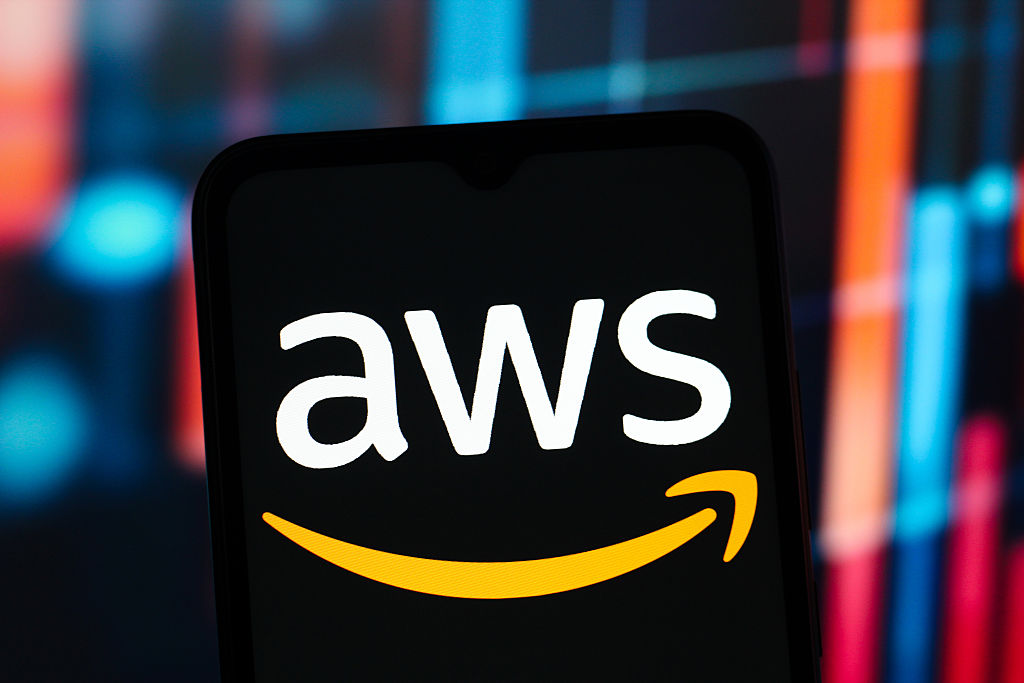 Amazon stock falls as AWS results underwhelm
Amazon stock falls as AWS results underwhelmApple stock rose after earnings on a return to growth in China; Amazon's share price fell despite an earnings beat
-
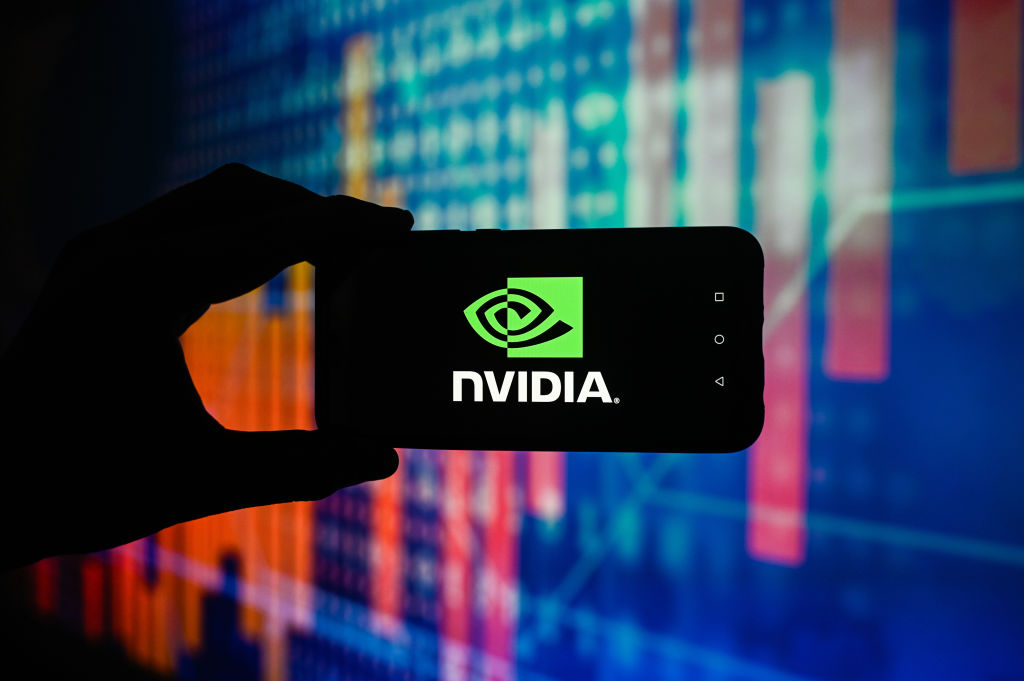 Nvidia dethrones Microsoft to become world’s most valuable company - should you invest?
Nvidia dethrones Microsoft to become world’s most valuable company - should you invest?The chipmaker’s share price continues to soar, leaving all in its wake. What is behind Nvidia’s rise?
-
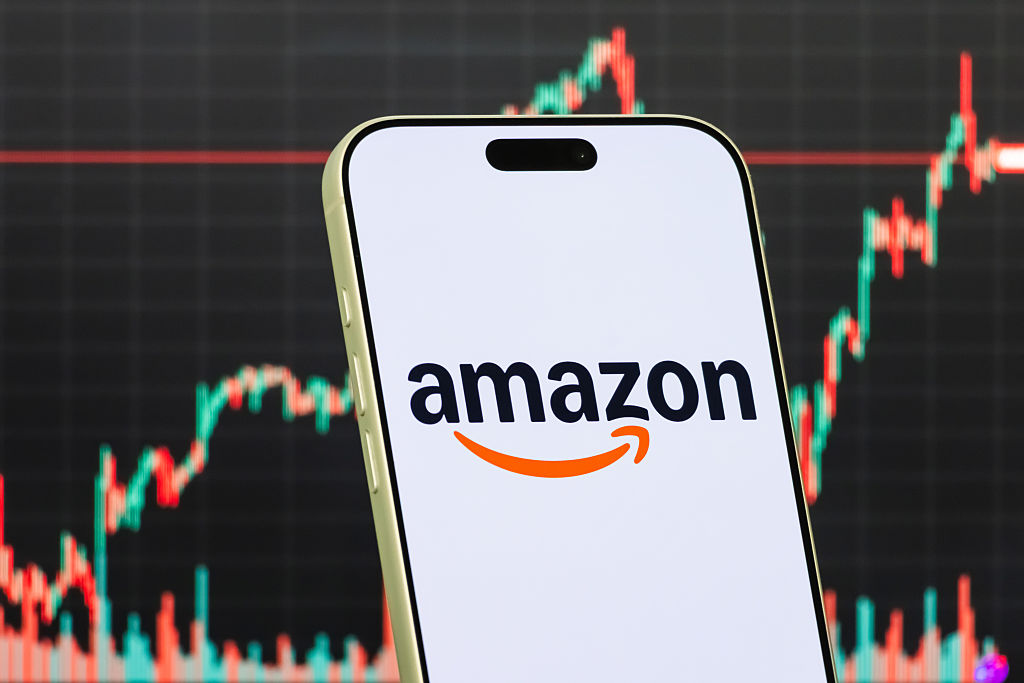 Amazon shares fall on profitability concerns
Amazon shares fall on profitability concernsA big increase in capital spending plans compounded an earnings miss for Amazon following its Q4 results
-
 3 ways to play the artificial intelligence boom
3 ways to play the artificial intelligence boomArtificial intelligence will play a huge role in many sectors. Look for a wider range of ways to profit.
-
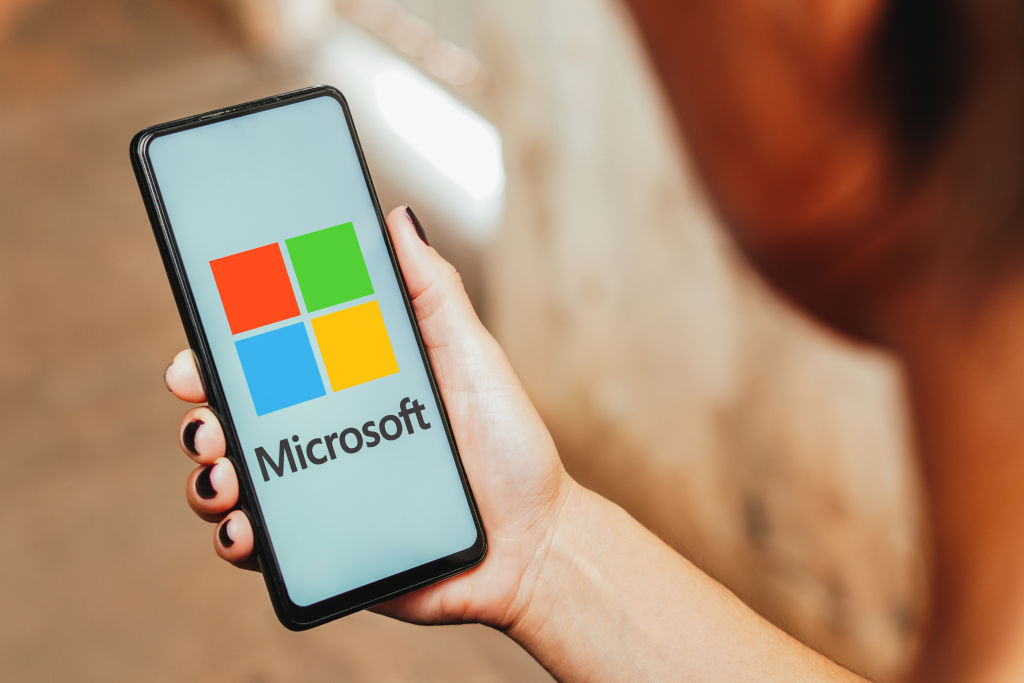 Tap into the key long-term growth trends with these resilient performers
Tap into the key long-term growth trends with these resilient performersA professional investor tells us where he’d put his money. This week: Zehrid Osmani, portfolio manager, Martin Currie Global Portfolio Trust, picks three favourites.
-
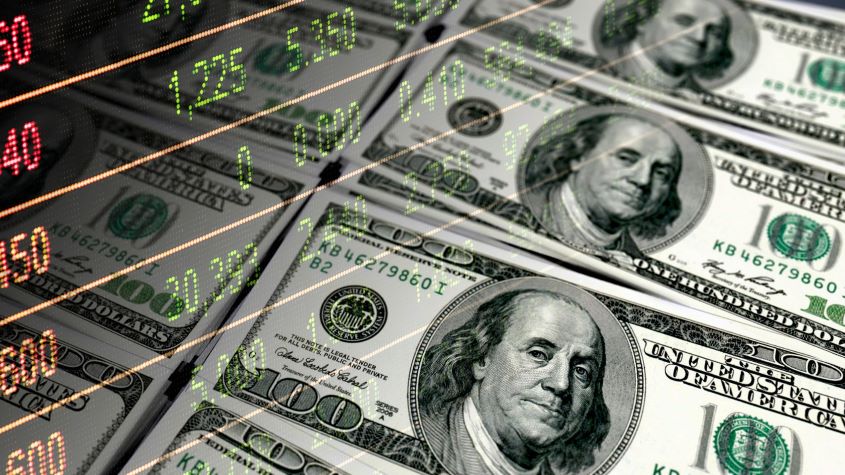 As the US earning season kicks off, we look at how you can save on US trading fees
As the US earning season kicks off, we look at how you can save on US trading feesTips One investment platform is marking the US earnings season with a three-day trading offer on US shares. Here we explain how it works
-
 How to invest in ChatGPT and other AI tech changing the world
How to invest in ChatGPT and other AI tech changing the worldOpinion Technology, like ChatGPT, is changing the way we live and work, and this new tool could have a huge impact on the tech industry says Dominic Frisby.
